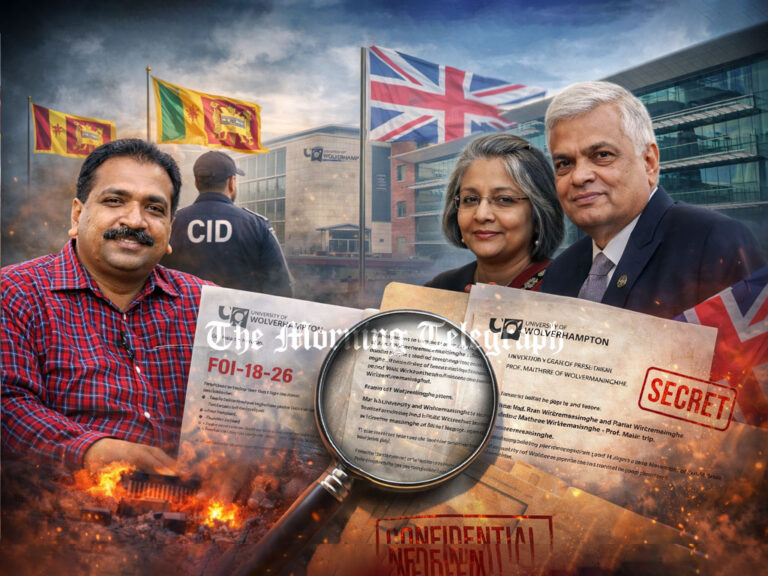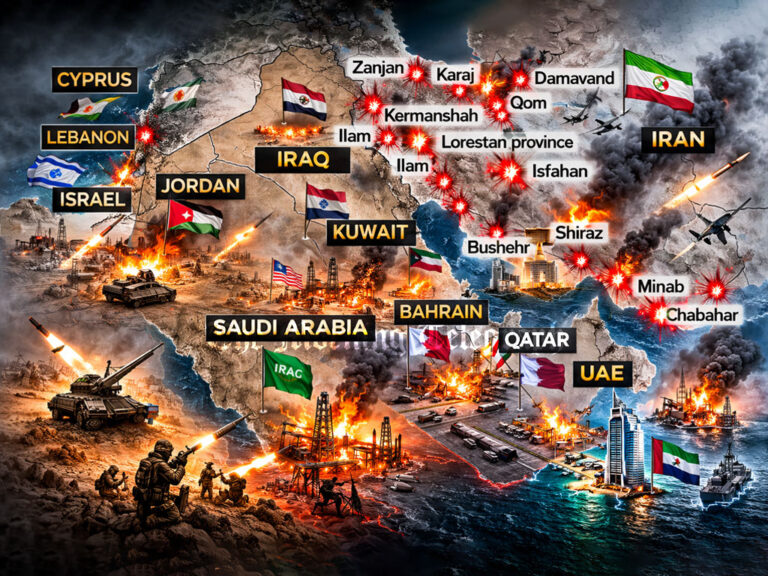
Former President Ranil Wickremesinghe has raised the alarm over the looming threat of reciprocal tariffs imposed by the United States, cautioning that even with a reduced rate of 25%, the impact on Sri Lanka’s fragile economy could be devastating. In a special statement, Wickremesinghe urged the government to treat the situation as a national emergency and to immediately present a comprehensive strategy to navigate the crisis.
“Even if the tariff is reduced to 25–30%, we are in trouble,” he stated bluntly. “With such high duties, most of our businesses can’t sustain their profit margins—it becomes a loss. And with rising prices, consumer demand drops. This is not just a business issue. It’s a national issue.”
Wickremesinghe noted that while former US President Donald Trump had postponed implementation of the tariff hike by three months, the policy was clearly part of a broader agenda that had been promised in his election manifesto. “It’s not something that can be reversed overnight. It’s coming, and we must prepare.”
The former president warned that the knock-on effects would ripple through the entire economy. With export margins shrinking, he estimated potential job losses could reach 100,000, directly affecting factory workers, shopkeepers, boarding house operators, and other small-scale service providers linked to the manufacturing and export sectors. “This isn’t just about exporters,” he said. “The whole ecosystem will suffer.”
Wickremesinghe emphasized that the crisis would worsen Sri Lanka’s already vulnerable balance of payments. “Our earnings will drop, but our obligations won’t. That gap will force us to borrow more—whether from the Central Bank or external sources—which will in turn devalue the rupee.”
He estimated that Sri Lanka will need to pay around $300 million within a single quarter to manage this external shock, further straining foreign reserves. “It’s clear that the rupee is already weakening. We’re watching the effects unfold in real time.”
With a looming deadline to settle external debt by 2028, Wickremesinghe urged the government to act swiftly and transparently. “Our ability to meet the 2028 repayment target is now in question. Last year, we saw modest recovery with 5% growth. This situation could stall or even reverse that momentum.”
He called for a two-pronged approach: direct negotiations with the United States to mitigate the tariff impact and the immediate formulation of a domestic economic response plan. “People need to know what’s being done. This is not a matter that can wait. Silence will only invite panic and speculation.”
His message was clear: Sri Lanka is entering a new phase of economic vulnerability, and without decisive action and clear communication, the path to recovery may be derailed—again.




